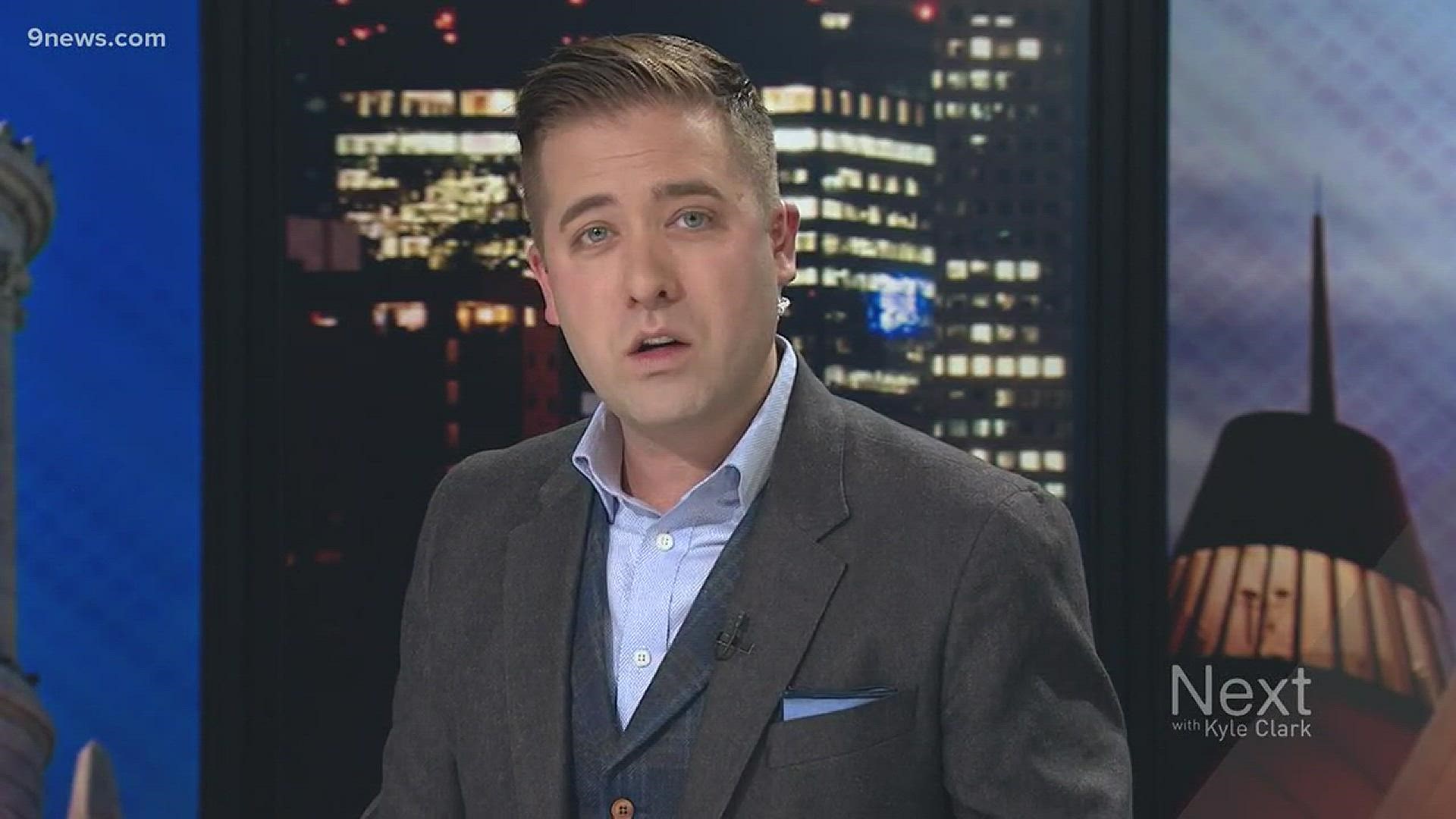If the four men accused of trafficking 20,000 pounds of marijuana across state lines are telling the truth, and the product is actually industrial hemp, there would be nothing illegal about it.
Andrew Ross, from Aurora, was working as a security guard for the shipment headed from Kentucky to Colorado. Police stopped him and another guard traveling in a security van, as well as the semi-truck hauling the product, for allegedly running a red light. Police in Pawhuska, Okla., – unsure of what this product was – arrested both people in each vehicle. They now all face 15 years to life in prison.
Hemp is a cousin to cannabis, but legally, hemp has just .3 percent of THC, the part of marijuana that makes people high. Businesses may use hemp to make clothing, soap or cooking oil, per the Lexington Herald Leader. Historically, the government designated hemp as a controlled substance because it had a relationship with pot. When Pres. Trump signed the 2018 Farm Bill, hemp expired off the controlled substances list and became legal to transport. (Forbes has a deep dive into the details of hemp legality if you'd like to give it a look.)
According to the National Conference of State Legislatures, a group that works with lawmakers across the nation, 41 states have passed their own legislation related to hemp. Oklahoma law allows for a pilot program dedicated to hemp research.
But while the federal law has changed, perhaps not all local law enforcement agencies are aware of the modification. Ross believes he got caught following a new law that not everyone knows about.
"We know eventually there was going to be some situations like this," said Ross, who’s already worked on multiple hemp deliveries. "Someone would get caught in the middle and clear the path for the rest of the state."
RELATED: What is hemp and how is it used?
Ross, along with the head of the company the caravan was delivering to, attests that all the paperwork was in order. Documents provided to Next with Kyle Clark say the product qualified as hemp. A police field test showed that the product tested positive for THC, which is normal, but the test did not determine the THC percentage.
Ross and his security colleague made bail. He returned to Colorado last week.
"Nobody knows what's going on," said Ross. “This is a giant gray area. There is a massive educational piece that needs to happen in this country right now.”
Since officials in Pawhuska can't say much about this open investigation, Next reached out to several law enforcement agencies in Colorado to find out if they know about the new law.
LAKEWOOD POLICE:
Officer John Romero said the department does a legislative update every year during in-service, which will be in February. He believes the new law will be covered but can't guarantee it.
AURORA POLICE:
Sgt. Scott Pendleton put things in perspective and said this might be an issue more out in rural Colorado, where more hemp is grown. However, Aurora Police have intercepted a few loads of hemp that needed further testing.
In an e-mail, Pendleton said:
"The changes in state statute that regulate hemp have had little impact on the Aurora Police Department's operation and practices. True that hemp has, or is supposed to have, very low percentages of THC. A standard field test for the presence of THC will generally tell us if the substance is marijuana or not. The only problem is with quantitative testing, which most local labs do not have the necessary equipment to determine the exact percentages of THC within the sample in question. Those samples have to be sent to DEA or commercial labs for that sort of analysis.
During my eight years supervising the APD Marijuana Enforcement Team, I have yet to see an illegal hemp grow in Aurora. We have our hands full with the constant presence of illegal marijuana cultivation, distribution and smuggling operations here."
DOUGLAS COUNTY SHERIFF’S OFFICE:
Deputy Cocha Heyden said in an e-mail:
"We strive to make sure all of our employees are briefed on any new State and Federal laws that pertain to how we do our job. All of our deputies are required to take a yearly legislative update course.
I do not believe we have come across this issue yet. If we have to change how we test things, we would make sure our policy is changed to reflect it."
Colorado State Patrol
Over the phone, Trooper Gary Cutler said troopers no longer test marijuana in the field because of fentanyl, a potent synthetic opioid that can be cut into other drugs.
A hazmat team can be called in, but they would test to find out if there is THC present, not for a percentage. To get that detail, the confiscated material would have to be sent to a lab.
Trooper Cutler said as officers and troopers get up to speed with the new rules, it’s important that a person transporting hemp has their paperwork is in order, as Ross said they did.
According to the arrest affidavit, investigators sent the confiscated load to a lab in Dallas for further testing, which also came back positive for THC, but that didn't determine the percentage, either.
Michelle Keely, the first assistant for the District Attorney's office in Osage County, Okla., said they are waiting for results from a Washington, D.C. lab, but they haven’t come back yet because of the partial government shutdown. When asked why they didn’t send it to another office that’s operational, we were told the evidence couldn’t be discussed.
As of Tuesday night, two people are still behind bars in Oklahoma.
The Drug Enforcement Agency told Next they cannot answer questions about this case because of the shutdown.

